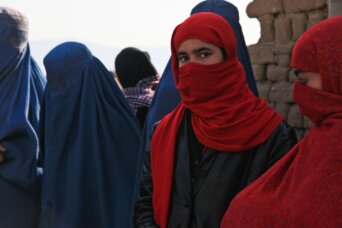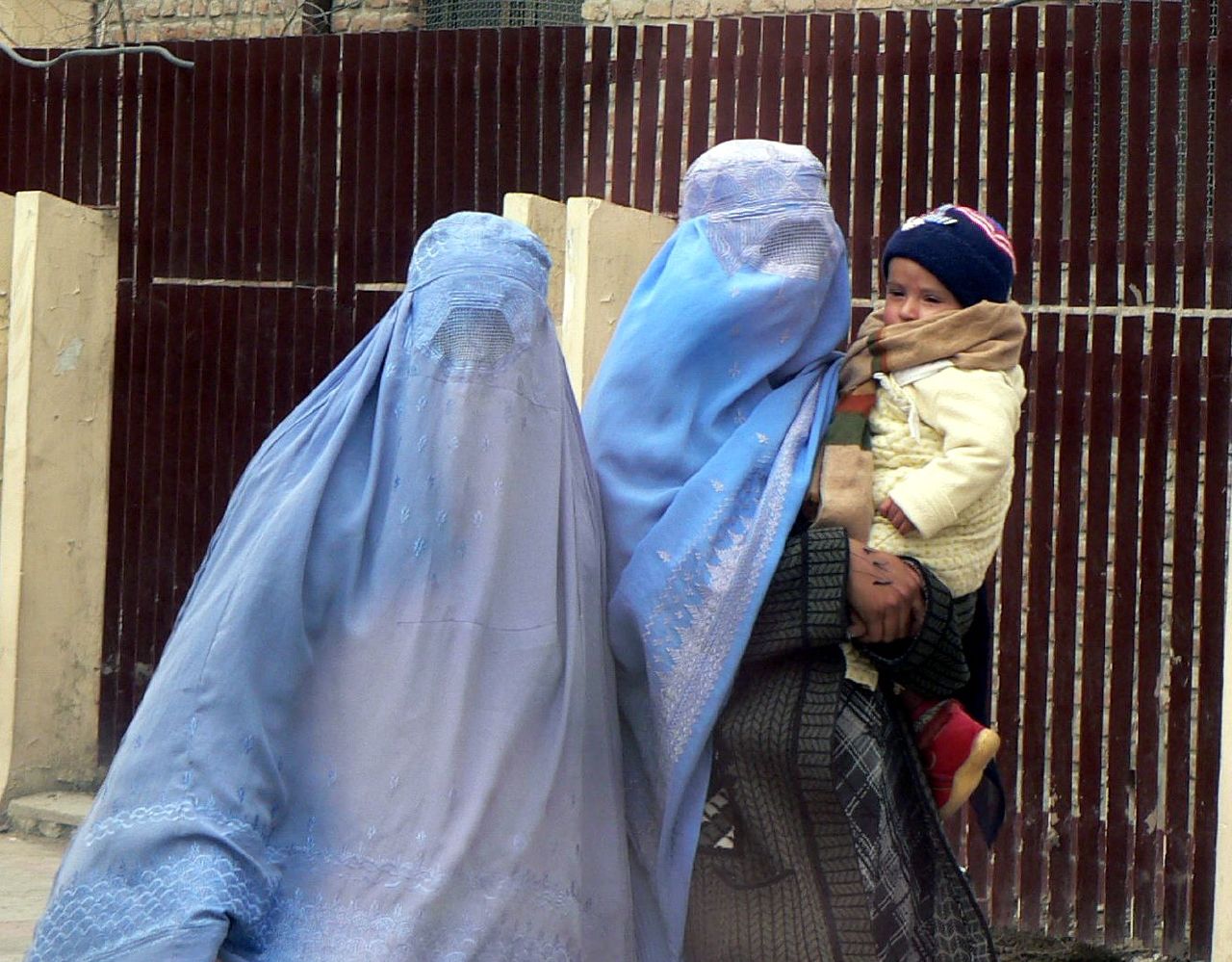- About
- Topics
- Picks
- Audio
- Story
- In-Depth
- Opinion
- News
- Donate
- Signup for our newsletterOur Editors' Best Picks.Send
Read, Debate: Engage.
| topic: | Freedom of Expression |
|---|---|
| located: | Afghanistan |
| editor: | Shadi Khan Saif |
In the first month after taking control over Afghanistan, the Taliban has attempted to convince the Afghan people, and the rest of the world, that they have changed from the last time they were in power - but the hidden restrictions on freedom of the press and on women’s rights continue to contradict their propaganda.
These two factors - freedom of the press and women’s rights - will be the most telling barometers for the regime’s commitment to social liberties, especially in a country that was becoming accustomed to these democratic rights after decades of authoritarian regimes, war and poverty. During the years of close international engagement in the civil and military sectors, the relative freedom of expression that Afghans enjoyed stood out as a promising outcome of foreign intervention.
Let us never forget the assassinations of journalists - the messengers of truth - that were not just caught in the crossfires of the warring factions, but were purposefully targeted by each party wishing to control and limit the flow of information, hence keeping the masses in the dark. Let us likewise never forget the brave women and young girls who confronted a patriarchal society and stood up for their liberties, despite the imminent threats to their lives.
However, without praising the Taliban’s military takeover of Kabul, it is important to recall that the previous government’s rule, led by warlords and expats, was still infused with deep-rooted corruption and a disregard toward full access of information.
If guarded and nurtured, the liberties on press and women’s rights could very well salvage the Afghan society’s earlier progress towards a meaningful and just existence, despite the fact that during the period of foreign intervention much of the wealth pumped into the war-torn country did not reach to the poor and needy, but was siphoned back to the shady accounts of local corrupt leaders and their foreign masters.
In its maiden month of control over Afghanistan, the Taliban has already raised concerns regarding the reversal of the small gains that Afghan society had benefited from by not allowing many women to enjoy the same civil liberties they previously held. It has, so far, prevented female journalists from resuming their jobs at RTA, the state-run television channel, as well as at Herat Industrial Park and it has issued many vague statements to discourage women’s participation in the public and private sectors. The Taliban’s stated stance on segregation and other restrictions for female students is quite discouraging to say the least.
Under no illusion must the international community compromise on these matters in their future diplomatic efforts with the Taliban as the group attempts to form some sort of government following their rapid rise to power.
The Taliban, for their part, as a responsible group in power over millions of citizens, must respect objective analysis, criticism and strong review from the press as a norm and recognise women as equal human beings.
Image by Amber Clay

